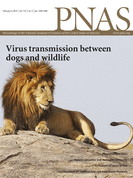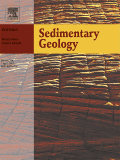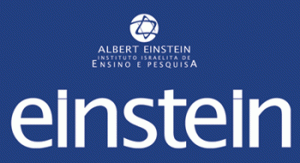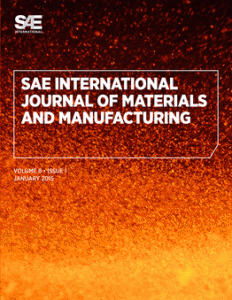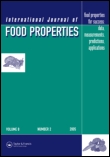 A pair of plant experts at Uludag University, in Turkey, has lost a paper on techniques for drying parsley because they evidently left a key contributor off the manuscript.
A pair of plant experts at Uludag University, in Turkey, has lost a paper on techniques for drying parsley because they evidently left a key contributor off the manuscript.
The article, “Effect of Vacuum, Microwave, and Convective Drying on Selected Parsley Quality,” was published online in June 2011 by the International Journal of Food Properties.
During the study, the authors subjected parsley (Petroselinum crispum Mill.) to the various drying techniques, then measured how much each degraded the sample. Ascorbic acid — a particularly “important indicator of quality,” according to the authors — was lowest after convective drying, and highest after using the microwave. “At the end of the study, microwave drying at 750–850 W ensured the shortest drying time and the best overall quality of parsley; thus, it was chosen as the most appropriate technique for parsley drying.”
But as the retraction notice states: Continue reading Bitter herbs: Parsley paper retracted after authors omit colleague

